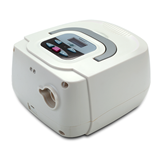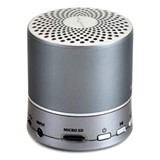Led by Associate Professor Shantha Rajaratnam of Monash University, research published recently in the Journal of the American Medical Association, details a two year follow-up study of nearly 5000 police officers in the United States.
Sleep disorders including obstructive sleep apnoea (OSA), insomnia and shift work disorder were detected, with most being undiagnosed and untreated at the time. OSA was estimated to affect 33 per cent of the police officers screened. Moderate to severe insomnia affected 6.5 per cent, and 28.5 per cent of police officers showed excessive sleepiness.
Associate Professor Rajaratnam said that many sleep disorders lead to increased sleepiness, heightening the risk of car crashes.
"We found that excessive sleepiness was common in police officers and that almost half reported having fallen asleep while driving and about 25 percent reported that it occurred at least monthly," Associate Professor Rajaratnam said.
"Positive screening for a sleep disorder increased the risk of falling asleep while driving after work, depression and burnout by more than two-fold.
Dr Laura Barger, Division of Sleep Medicine at Brigham and Women's Hospital (BWH) said police officers identified as having a sleep disorder were more likely to have physical and mental health conditions.
"Those who screened positive for OSA were 1.5 to 2 times more likely to have cardiovascular disease and diabetes," Dr Barger said.
Follow up to the initial screening showed sleep disorders were also associated with impaired productivity, administrative errors and safety violations, and experiencing uncontrolled anger towards a suspect.
Professor Charles Czeisler, Chief of the Division of Sleep Medicine at BWH said that identifying the prevalence of sleep disorders and developing programs to help address them is only the first step.
"Further research is needed to measure the success of these programs and to determine if sleep disorder screening and treatment in occupational settings, similar to what was conducted in this study, can reduce the risks associated with these disorders."
Associate Professor Rajaratnam said that the results had implications for Australian police officers and workers across a number of sectors, particularly those in safety-critical professions.



